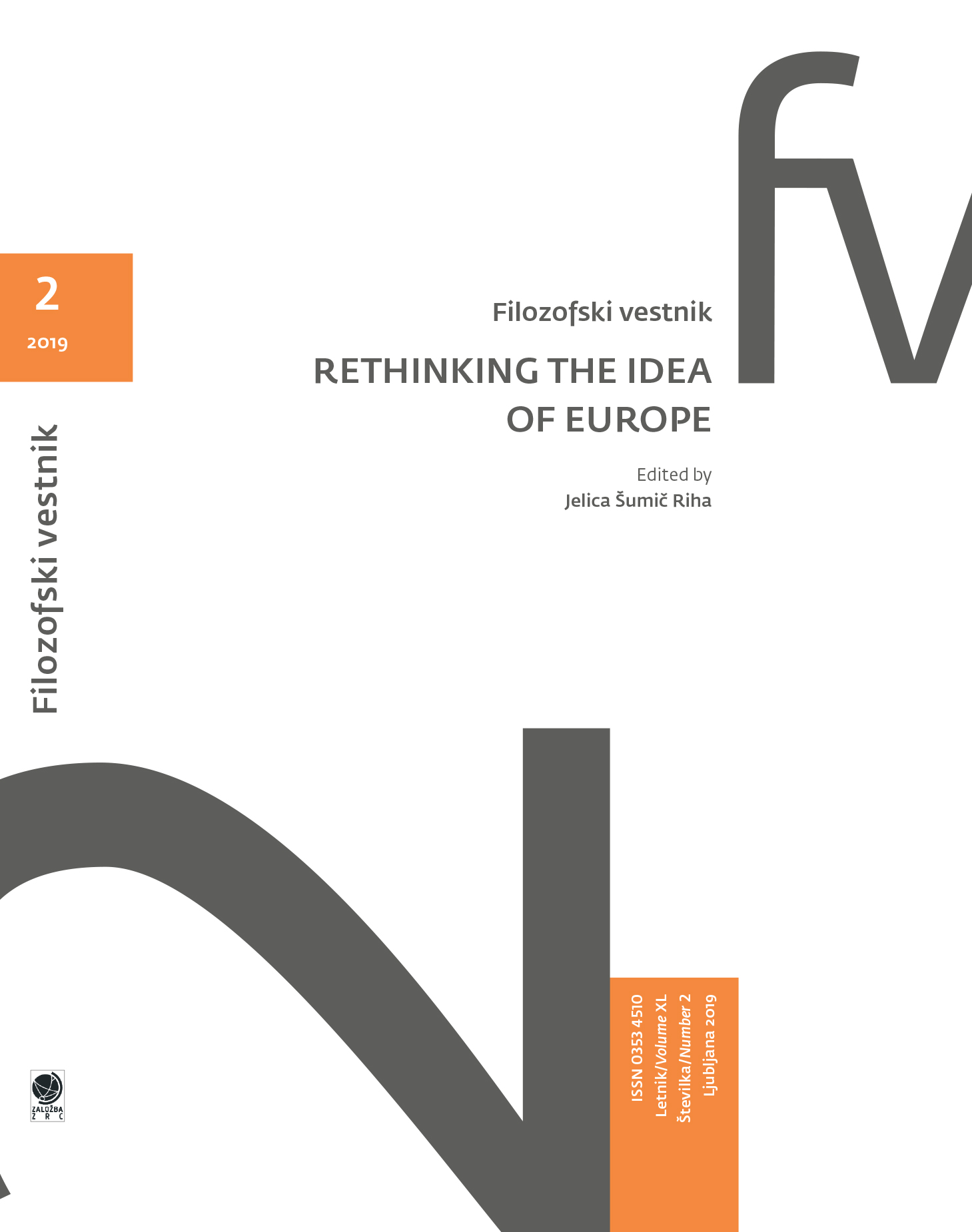Crisis, Europe
Keywords:
crisis, Europe, EU, identity, neoliberalismAbstract
There is an ubiquitous belief that Europe is going through some kind of crisis. This is not something new, since Europe—or better, what counts as Europe—seems to be in a state of crisis by definition. What does it mean to claim that, and is the term “crisis” appropriate here? Which crisis and a crisis of what exactly? The trouble is that both words, i.e. “Europe” and “crisis”, are fuzzy, and that everything depends on, first, how we define them, and second, how they interrelate. The paper shows how those who continue to use the notoriously slippery term “crisis” to describe the predicaments of today’s Europe use it in a very specific way. There is a choice here: either we try to find more appropriate theoretical terms, or we continue to use the term “crisis” backed by our hidden optimistic belief in the future of Europe (as it is today). In that way the cure for Europe’s ills and woes is Europe itself, for “Where the danger is grows also what can save us.” In other words, the only cure for Europe is the EU, or more EU. The term “crisis” is in such cases but a mask, another name for European neoliberal governance.
Downloads
Downloads
Published
How to Cite
Issue
Section
License
Authors guarantee that the work is their own original creation and does not infringe any statutory or common-law copyright or any proprietary right of any third party. In case of claims by third parties, authors commit their self to defend the interests of the publisher, and shall cover any potential costs.
More in: Submission chapter





